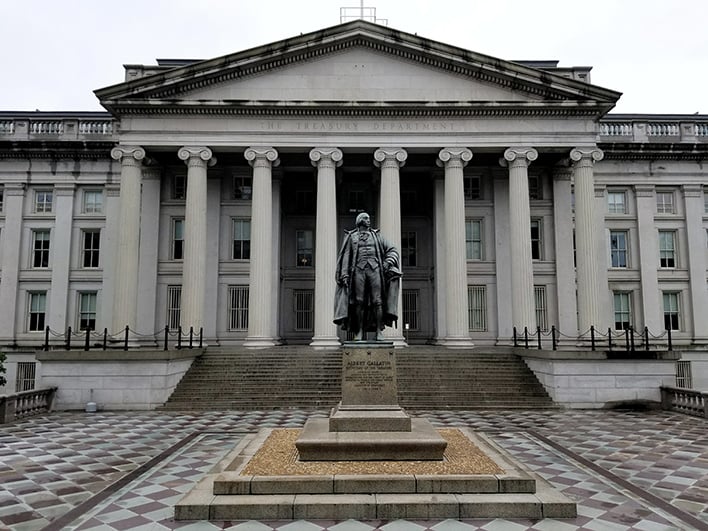US Treasury Cracks Down On Crypto Tax Evasion With New Digital Asset Rules
Going forward, cryptocurrency exchanges that operate in the US must provide traders with tax documentation. They also have to report that same information to the federal government, so the IRS will know how much the taxpayer owes. This is the IRS, though, so it won't actually tell you how much you owe. Like all other taxpayers, crypto traders still have to file taxes and hope they get the math right. If not, the IRS will be very cross.
Crypto fans should have what they need to pay the right taxes, though. The new Treasury rules will require cryptocurrency exchanges to provide users with a new document, form 1099-DA. The "DA" stands for digital asset. The IRS hopes that by standardizing reporting, it can reduce headaches for taxpayers and also ensure accurate payments.
"By implementing the law’s reporting requirements, these final regulations will help taxpayers more easily pay taxes owed under current law, while reducing tax evasion by wealthy investors," said Aviva Aron-Dine, the current acting Secretary for Tax Policy at the Treasury Department.

Importantly, these rules only apply to centralized cryptocurrency exchanges like Coinbase. Decentralized exchanges (DEX) will be governed by separate rules that have not yet been unveiled. Policy watchers expect that to happen later in 2024.
The rules go into effect next year, so the first time users see 1099-DA will be in early 2026. Crypto transactions in 2024 will not be subject to the same reporting requirements, although you are still supposed to be paying taxes on crypto earnings. Things will be very different when people file taxes in 2026, though. This may be the end of an era, but only if the government can enforce its rules.


